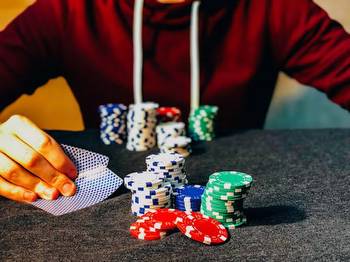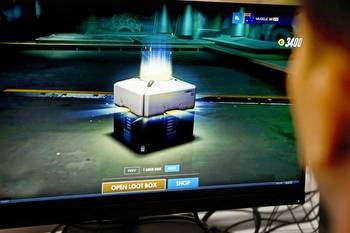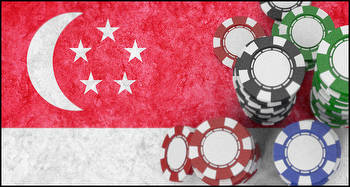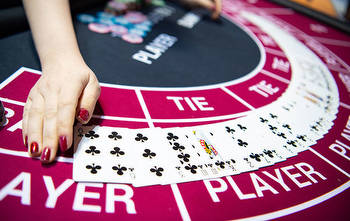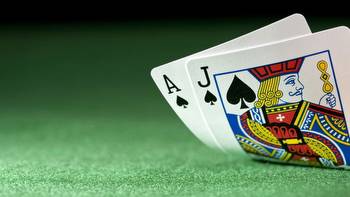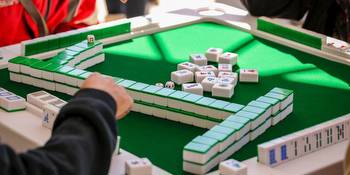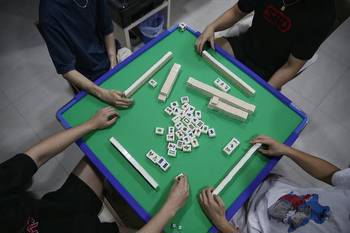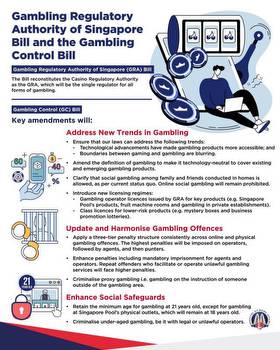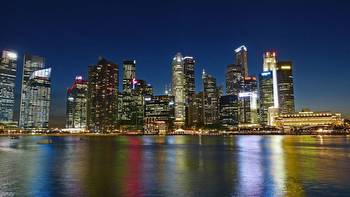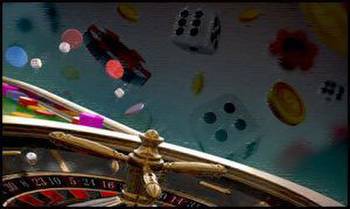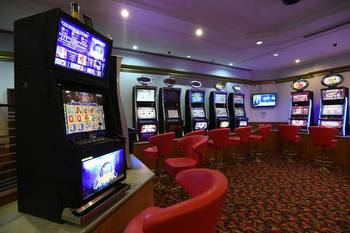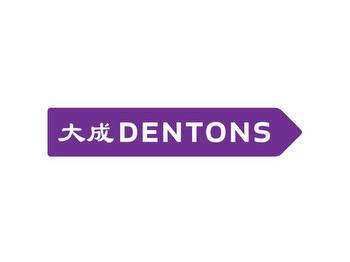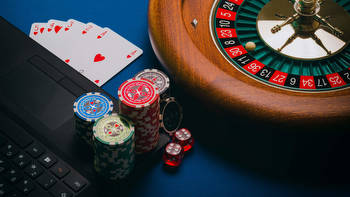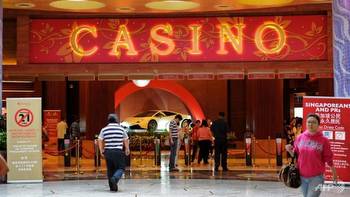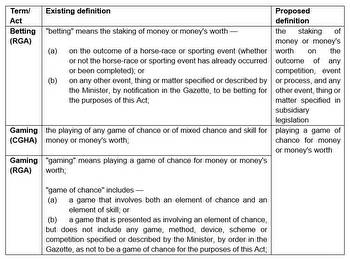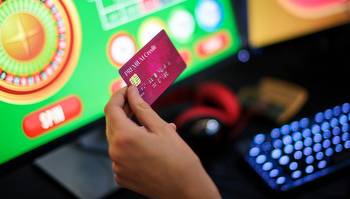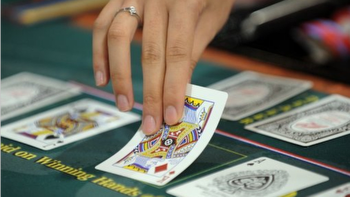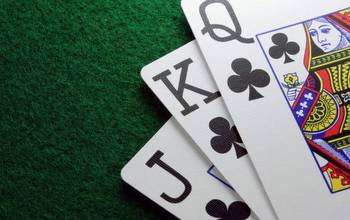MPs raise concerns about emerging forms of gambling as law is updated

SINGAPORE - Two MPs on Friday (March 11) expressed concern with young people being exposed to gambling, as amendments to the law were approved to keep up with technology changing the way people gamble, and blurring the lines between gambling and gaming.
Minister of State for Home Affairs Desmond Tan reiterated that a key change, allowing social gambling among family and friends in homes, was subject to conditions.
The changes to the law also mean private establishments will have to get a licence to allow members to gamble and play games such as mahjong.
During the debate on the Gambling Control Bill and Gambling Regulatory Authority of Singapore Bill, which were both passed on Friday, Mr Yip Hon Weng (Yio Chu Kang) said emerging forms of gambling, enabled by technology, have made people and young children susceptible to its insidious nature.
Workers' Party MP Gerald Giam (Aljunied GRC) expressed concern that the changes would explicitly permit gambling for children in social settings, and "could provide a gateway to more problem gambling habits later in their lives".
Responding, Mr Tan said the exemption on social physical gambling, which does not have a legal minimum age, does not change the Government's approach to gambling.
"We are actually making it clear that social gambling is allowed, subject to conditions... These conditions, if you think about it, act as social safeguards.
"Individuals should exercise personal responsibility in deciding whether to allow underage individuals to engage in such activities," added Mr Tan, who urged family members to play a role in ensuring this would not lead to gambling addiction.
Meanwhile, Parliamentary Secretary for Social and Family Development Eric Chua said the National Council on Problem Gambling has stepped up efforts to educate young people, parents, educators and the public on the potential connection between loot boxes and gambling.
"The intent really is to educate our young ones to be able to identify the possible gambling elements in online games, protect themselves when gaming and to seek help if necessary," said Mr Chua.
The Ministry of Social and Family Development will work with the Ministry of Home Affairs (MHA) and the new Gambling Regulatory Authority (GRA) to monitor the gambling situation in Singapore and gambling trends so that safeguards remain relevant.
GRA, which will be set up by the middle of this year, will be the single regulator for all forms of gambling, taking over functions currently overseen by the Casino Regulatory Authority and several other agencies.
The proposed laws also mean that private establishments will have to get a licence to allow members to gamble and play games such as mahjong. Such establishments do not currently need to apply for a licence as they are given an exemption.
Mr Tan said that while the exemption regime had worked well over the years, MHA was concerned with "signs of illegal gambling taking root in private establishments".
Having private establishments apply for a licence will allow the authorities to screen key personnel for their eligibility to hold a gambling operator licence, he said.
"We will also introduce surveillance requirements for the purpose of enforcement to these licensed private establishments," added Mr Tan.
Mr Yip and Workers' Party MP Louis Chua (Sengkang GRC) also raised the issue of non-fungible tokens (NFT) and whether trading these, with the amount of speculation involved, would fall under gambling.
Mr Tan said: "Creating or trading NFTs is not considered gambling, unless there is an element of chance involved in their creation or trading. However, gambling services that use NFTs as stake or prize will be covered in our gambling legislation."
The Gambling Control Bill also criminalises proxy gambling in casinos and fruit machine rooms. Proxy gambling refers to an individual gambling on behalf of another person, which allows them to circumvent entry checks.
Mr Tan said casinos will be liable to regulatory action, including financial penalties, if they fail to enforce this.
To address illicit online gambling, Mr Tan said GRA will have the powers to block illegal online gambling websites and advertisements that can be accessed in Singapore, as well as the payment services that are linked to illegal online gambling.
The Gambling Control Bill will also cover incidents where the facilities are outside or partially outside of Singapore, added Mr Tan.
"By establishing GRA and updating our gambling laws, the Bills will go a long way to ensure that we continue to be able to minimise the social and law-and-order concerns arising from gambling activity in Singapore."








